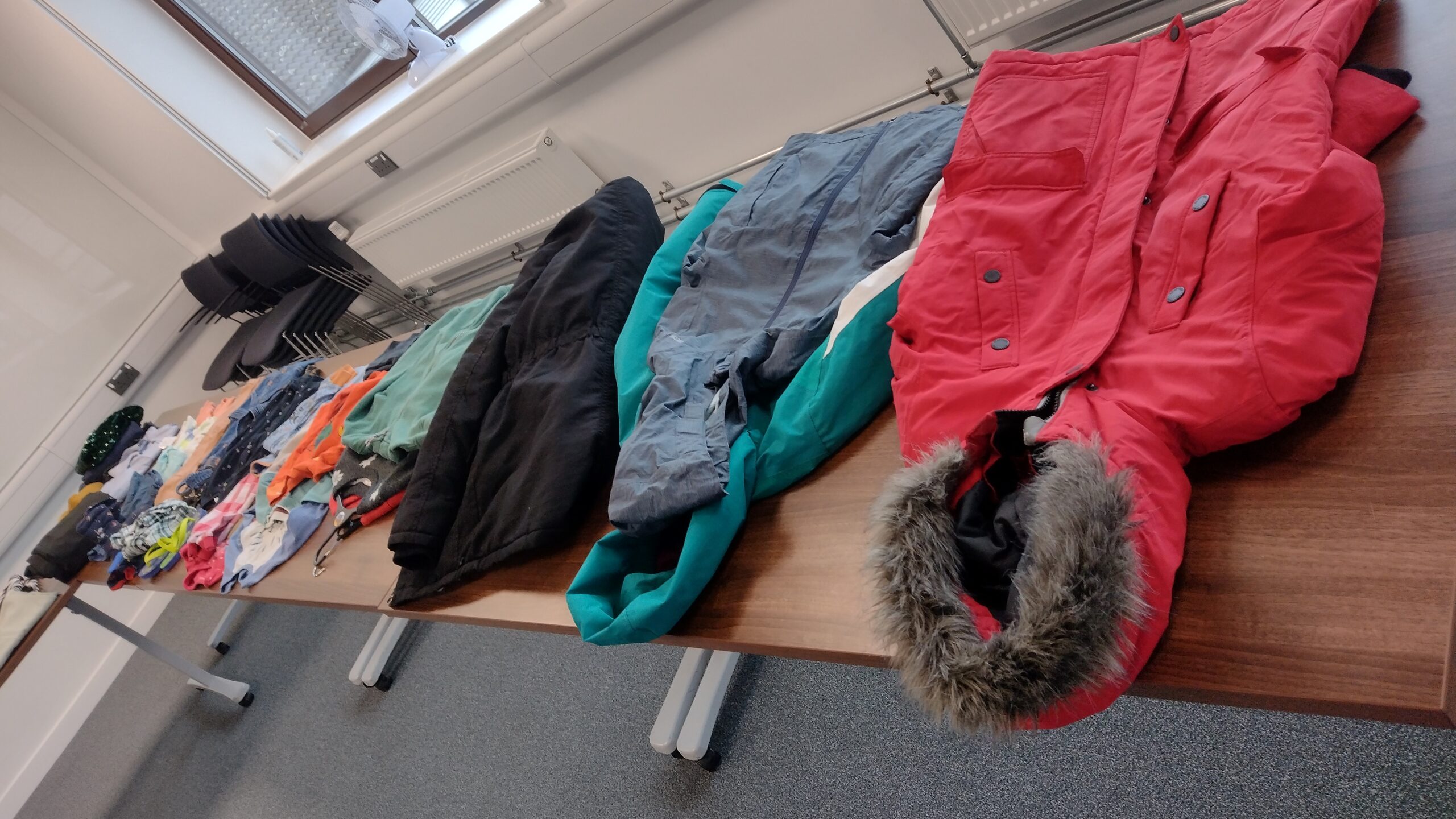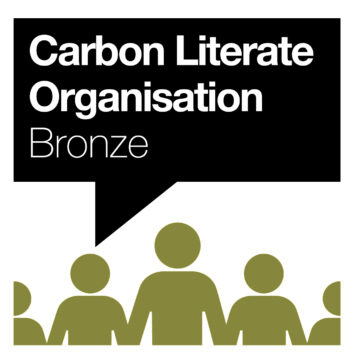Over 120 scientists and operational professionals working for British Antarctic Survey, based in Antarctica and their headquarters in Cambridge, have received a new qualification to help the polar research institute reach net zero carbon emissions by 2040.
British Antarctic Survey is now certified as a Bronze Carbon Literate Organisation by The Carbon Literacy Project in recognition of efforts to develop and deliver low carbon behaviour. BAS has been training its staff in 'Carbon Literacy' since January 2023, ensuring that each trainee understands the effects of climate change and the tools to combat it.
So far, the course has been delivered to staff based at the Cambridge headquarters, Rothera Research Station in Antarctica and on the RRS Sir David Attenborough. As part of the training, participants create an action plan, outlining some of the changes they will make to reduce their carbon footprint (the amount of carbon released by their activities), both at work and in their personal lives. Actions so far have included cycling to work more regularly, and organising a 'clothes swish' at BAS, to encourage colleagues to swap clothes they no longer wanted.

Beatrix Schlarb-Ridley, Director of Innovation says:
"It is excellent to see the progress we are making in discussing carbon questions, and putting action plans together that will help us lower the carbon footprint at BAS and in our communities. Achieving Net Zero for our work is a great challenge and requires ingenuity and buy-in from all of us. I thank all those who are contributing, be it by providing the training or by participating and following through on action plans. Let us keep inspiring each other to act with urgency and impact!"
Nopi Exizidou, Head of Net Zero Transition says:
"Everyone at BAS has an important role to play, irrespective of their area of work and expertise when it comes to achieving Net Zero. Carbon Literacy is helping us understand what our individual role is and how big of an impact we can collectively have. It has been great to receive such positive feedback on the course and to see so many across BAS being certified Carbon Literate!"
Phil Korbel, Co-Founder of The Carbon Literacy Project says:
"The impact of BAS being a Carbon Literate Organisation goes way beyond its role in enabling the organisation to further decrease its footprint. The rapid growth of Carbon Literacy is greatly helped by the presence of recognisable organisations delivering our training and there are not many with such good standing as BAS. When I'm able to say that the Rothera Research Station is our southern-most training venue it really grabs the attention of people I'm talking to"

The Carbon Literacy Project aims to enable individuals, organisations and universities to have the skills to understand the effects of climate change and the tools to combat it.






